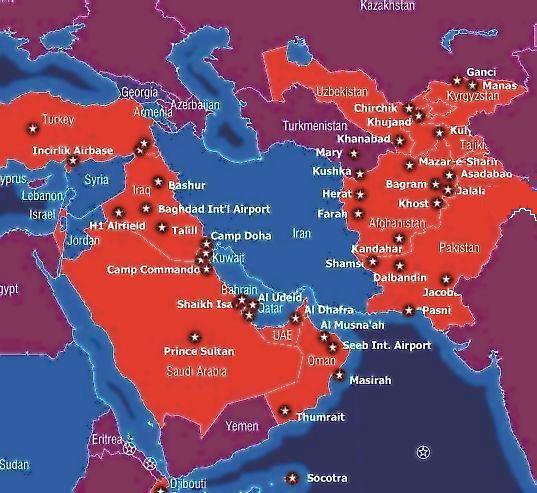
Correction on SNY Debate
I’ve never heard of MIM(Prisons) but enjoyed reading your newsletter and could relate to most of it. I will pass it on to others (already have!) and get more to add to your mailing list.
Please, if it’s possible, beg off a little on the SNY stuff! It really turns a lot of our stomachs, to be sure. When I came into the system in the 80s there was no such thing as SNY. Everyone held their mud, even those who got hit (because if they talked, they knew they wouldn’t live through the next one.) If you “locked up” you went to the hole, period! No yard, no packages, no programming of any kind, nothing! Now, they make it too easy for guys to be weak and run off to the child molesters, rapists yard!
If you really feel you absolutely must print their filth, please get all the facts correct. Such as ULK 23, p. 13, Hunger Strike First Step in Building a United Front, second paragraph “and Pleasant Valley State Prison is SNY.” I know more than a few guys who’re going to be none too pleased about this news, as they are still there. I got my case (SHU) off of C yard, then got sent to Tehachapi SHU 4B, which is mostly GP, same for 4A Ad-Seg.
FYI, Pleasant Valley A yard is Level IV SNY, B yard is Level III GP, C yard is Level III GP, D yard is Level III SNY, and Level I is GP! Call CDCR and verify these facts if you will. It’s your newsletter, but I would seriously consider (re-consider) who and what you print.
MIM(Prisons) responds: First we want to commend this comrade for recognizing that a few disagreements should not stop us from working together and spreading the revolutionary United Front. In that spirit we want to struggle for greater unity here.
The writer is responding to an ongoing debate in Under Lock & Key about prisoners who escape the mainline for Special Needs Yards (SNY) where they are pushed to “debrief” or snitch on fellow prisoners in return for better treatment (in particular in the context of California prisons, but there are parallel situations everywhere). Many prisoners have already testified that not all SNY prisoners must debrief, a fact that this comrade is not disputing. So the gist of his argument is that it’s “too easy” for prisoners who run off to SNY. But prison is never easy, and as long as a comrade is engaging in solid and consistent political work, and not selling out his fellow prisoners, we don’t care that s/he got moved to SNY to avoid persynal danger. Prisoners are constantly fighting legal battles to get moved away from dangerous prisons to places they hope will be better. Conditions are so bad in all prisons that this is rarely a significant change, but we won’t tell anyone they have to stay in a situation that’s dangerous to them if they have an alternative that doesn’t involve endangering others.
As for the criticism of the facts in the Hunger Strike article, we take this very seriously. We rely on our comrades behind bars to report the facts about the prisons where they reside, but we do try to check facts wherever we can. In this case we should have caught this error about PVSP. It does not change the point made in that article calling for unity, but it’s important we get facts correct.
Related Articles:This article referenced in:








